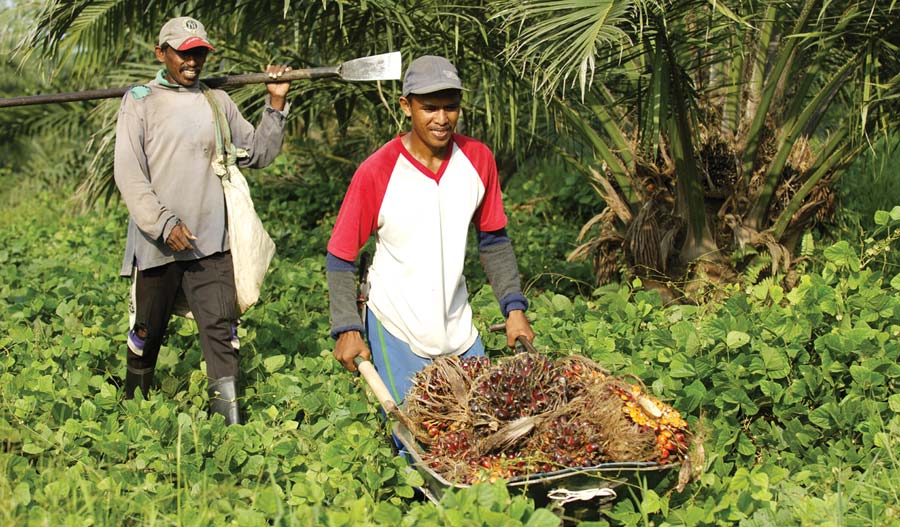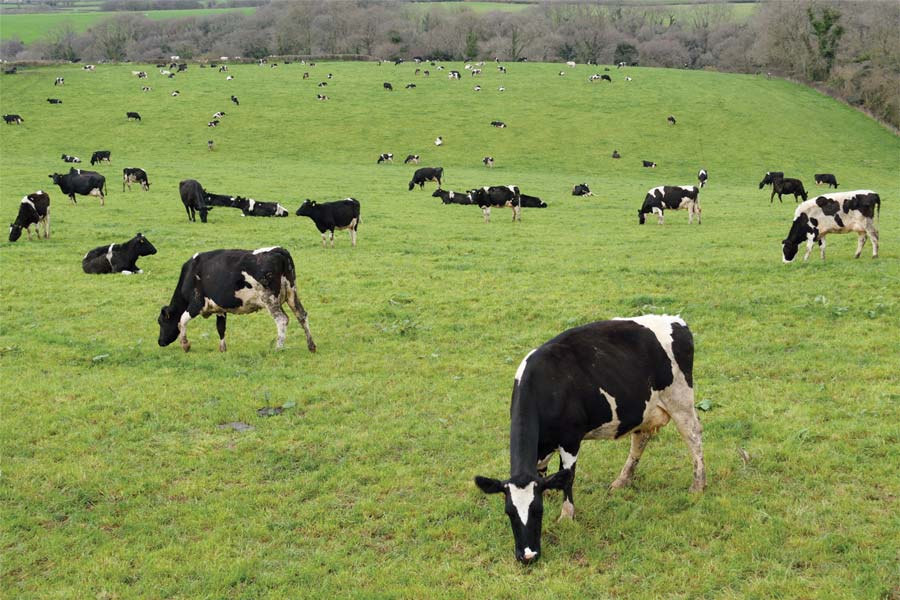



Over the past few decades, the palm oil sector has been confronted by multiple false claims about its environmental footprint. Some campaigns have resulted in a boycott of palm oil, as seen in the example of the Iceland supermarket chain in the UK. This case is worth analysing because it highlights underlying issues for stakeholders.
An article dated Nov 3, 2016 by the US Department of Agriculture states that risk is an important aspect of the farming business in any country. The uncertainties inherent in weather, yields, prices, government policies, global markets and other factors can cause large swings in farm income. Five types of risk are described: production risk, price or market risk, financial risk, institutional risk, and human or personal risk. I would add one more – the risk of not instituting a competent protocol to manage negative issues that arise.
Issues management is a process that helps organisations to respond appropriately when under fire. Applying the process has become even more critical in a world driven by social media. A negative story can impact stakeholder perception and have real-world consequences within hours of being posted. The consequences are often felt long after the story is shown up to be false or inaccurate.
The 18th century writer Jonathan Swift noted that ‘a lie can travel halfway around the world, before the truth has even pulled its boots on’. The challenge for the palm oil sector is: how quickly can we pull on our boots?
Elizabeth Dougal of the Institute of Public Relations has said that issues tend to have a lifecycle comprising five stages – early, emerging, current, crisis and dormant. As the issue moves through the first four stages, it attracts attention and becomes less manageable from the organisation’s point of view.
If the issues-management process detects an issue at the earliest stage, more options are available to decision makers in determining their response. The strategic choices shrink as the issue matures. When the number of stakeholders and other influencers expand, positions on the issue become more entrenched. At the crisis stage, the only available responses are reactive and are sometimes imposed by external parties, such as government agencies.
There are two paths toward issues management. In the short term, the ability to respond to an issue, challenge or attack in the quickest possible time and in the most effective manner can make or break reputations. Over the long term, the ability to manage public policy issues is crucial. This is not always about outright victory but also about stability.
Iceland’s ‘intellectually lazy’ position
Iceland supermarket’s recent decision to stop using palm oil in own brand products provides a case in point for issues management. The announcement was accompanied by a video in which oil palm farmers stood accused of a wide range of environmental and social ills. The UK media picked up the story, which quickly captured attention in palm oil producing countries including Malaysia.
Malaysia saw the video as representing a personal attack against 650,000 small farmers who cultivate oil palm for their livelihood and do so sustainably. Many naturally voiced their frustration – pointing out that those who live far away from countries cultivating oil palm do not appreciate the importance of a commodity and an industry that has lifted landless farmers out of poverty and provided them with a source of income.

Oil palm farmers in Malaysia work hard under exacting conditions to put food on the table and send their children to school, so that they can aspire to a better life. It can be daunting for them, as single-income earners, to provide for their family and to raise their quality of life.
The video content was also inaccurate on multiple counts. Malaysia instantly set out the facts and challenged Iceland’s claims. If this had not been done, it would have been an acute mistake.
Dato’ Aliasak Ambia, President of the National Association of Smallholders in Malaysia, said in a statement: “Iceland through this action longs for the dark days of Britain’s colonial past where they tell us what to do from Britain, while […] taking away our incomes and our ability to feed our families. This announcement is disrespectful and without any basis in fact. Malaysian palm oil is sustainable, unlike the rapeseed and sunflower oil they will now be using. Iceland should be ashamed that their new policy will take food off the plates of our communities.”
In his April 27 blog-post, environmentalist and writer Sir Jonathon Porritt, rebutted comments by Iceland’s Managing Director Richard Walker who had claimed that there is no such thing as ‘sustainable’ palm oil available to retailers.
Porritt commented: “What an ignorant, intellectually lazy position that is, belittling more than a decade’s worth of efforts by governments, academics, NGOs and the companies themselves to determine appropriate criteria for managing [oil] palm plantations in genuinely sustainable ways.”
The Faces of Palm Oil advocacy group, with the support of Malaysian small famers, released a video pointing out Iceland’s factual errors. In particular, it refuted the claim that palm oil is a cause of deforestation.
According to NASA, rarely is there a single cause of deforestation. Most often, multiple processes work simultaneously or sequentially to cause deforestation. People have been deforesting the earth for thousands of years, primarily to clear land for crops or livestock. Europe, for example, has been deforesting for centuries; so much so that its forest cover is almost gone… only 11% remains in Walker’s country, the UK.
Is oil palm cultivation the main cause of deforestation? A 2012 study on the impact of EU consumption on deforestation reveals that the livestock industry is the single biggest contributor (24%) to global deforestation. This is about 10 times higher than oil palm (2.5%). Soybean cultivation accounts for 5.4% and maize cultivation for 3.3%. A larger percentage (48%) is attributed to other causes.

The authors of the study further confirmed that, due to the oil palm’s high yield, the crop occupies the smallest area of the four major oil crops worldwide. Replacing the oil palm with other oilseed crops would mean a much bigger impact on land resources.
Malaysia currently maintains 54.9% of its land area under forest cover, which exceeds its pledge of 50% at the UN Earth Summit in 1992. Oil palm occupies 5.8 million ha in Malaysia, or 17% of the land area. This is equal to just 0.1% of the global area under agriculture.
So, the facts are indisputable – the oil palm produces more oil on less land; the industry is responsible for less deforestation; and Malaysia (a major palm oil producer) protects its forests at world-leading levels. That is not all.
The government has committed to making the Malaysian Sustainable Palm Oil standard mandatory by end 2019. This adds to the certification scheme of the Roundtable for Sustainable Palm Oil and the Indonesian Sustainable Palm Oil standard. Buyers therefore have a choice of schemes on which to base their purchases. It won’t be long before schemes are customised to the requirements of buyers.
Unlike Walker, Malaysia is not stuck in the past. Rather, the industry is looking to the future by using technology and innovation to guarantee Malaysia’s place as the world leader in sustainable palm oil production, both from the environmental and socio-economic standpoint. Rather than boycott palm oil, companies or governments should encourage sustainable practices by supporting the certification scheme of their choice.
The Iceland supermarket chain could have applauded countries like Malaysia, which have achieved the double benefit of social gains (through small farmer communities) and environmental gains (by ensuring the production of certified sustainable palm oil).
The Malaysian palm oil sector must remain vigilant. Issues management is central to combating threats and in mitigating risks that lie in wait. Producers must not be too distracted by the noise, but should take control of safeguarding palm oil’s international reputation.
They should realise that decisions are often driven by domestic politics when palm oil becomes a serious competitor to locally produced oils. But a strong issues-management process, quick communication of facts and robust counter-arguments would counteract threats and boycotts.
Belvinder Sron
Deputy CEO, MPOC